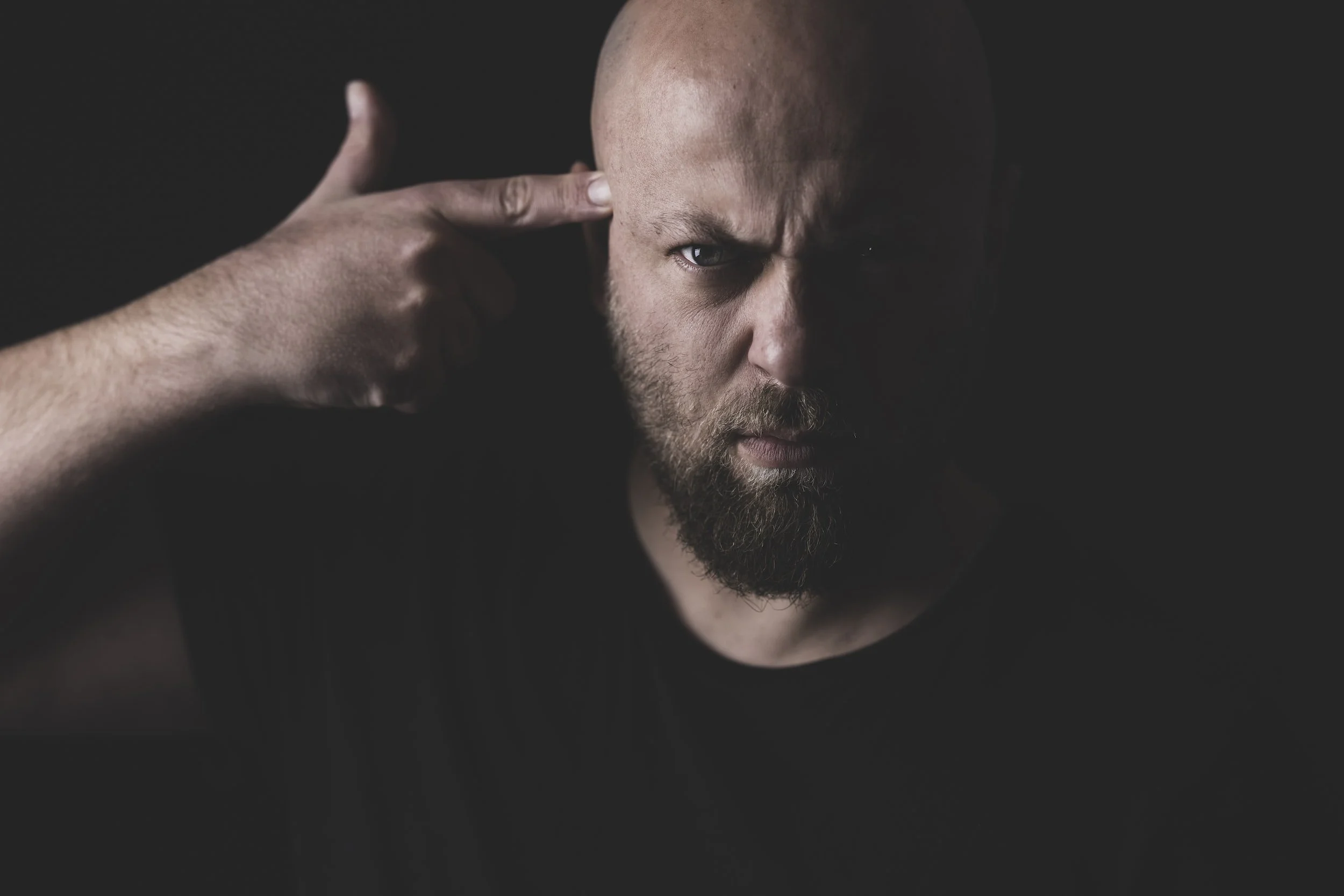
What is Jungian-informed therapy?
Swiss psychiatrist Carl Jung founded "analytical psychology," a profound in-depth psychotherapy. This type of therapy centers around personal growth by examining the causes of psychological problems. From this point of view, psychotherapy is essentially a dialogue between two people. It aims to aid the clients in understanding themselves at a deeper level, which produces optimal solutions to life's challenges.
When the process of developing into one's most complete and wholesome self is obstructed, mental health issues such as depression, anxiety, addictions, and compulsions can occur, not to mention destructive behaviors in relationships.
Jungian-informed therapy fosters the psychological development of the whole personality instead of focusing on particular symptoms. However, Jungian analysis can only be facilitated by a Jungian analyst. We call it "Jungian informed therapy" because, while we are not trained and certified in Jungian analysis, there is much that one can draw from regarding Jungian analysis.
The Core Concepts of Jungian Therapy
Archetypes
Complexes
Symbols
Many parts of us lie beneath the surface that we are unaware of. Gaining awareness of these other parts and learning to integrate them into our lives is the crux of Jungian-informed therapy.
Archetypes
Jung developed the concept of archetypes, universal and ancient patterns of behavior and experience often seen in mythology and symbols. Common archetypes include:
The shadow, the aspect of ourselves that we don't want to look at
The persona, the element of us that we show to the world
The hero, the part of ourselves that thrives in adversity
The wise old man, or the Great Father, and wise old woman, or the Great Mother
Complexes
"Complexes" are unconscious structures commonly understood as an inferiority complex, victimhood, authority complex, and others.
Symbols
Symbols are meaningful images central in Jungian therapy due to their ability to channel instinctive energy. In addition, symbols can be seen in religion and mythology and can help people develop psychologically.
Meaning and Purpose
People often need to discover the meaning of their lives necessary for attaining a more complete psychological development. Meaning and purpose are perhaps most often found in striving for psychological integration, mastering as many parts of the personality as possible.
Charlotte Therapy Center accepts Blue Cross Blue Shield as well as private pay clients. Please feel free to contact us anytime for additional information.
Gain control over your life again with the empowerment of therapy and counseling. Contact Charlotte Therapy Center today.




